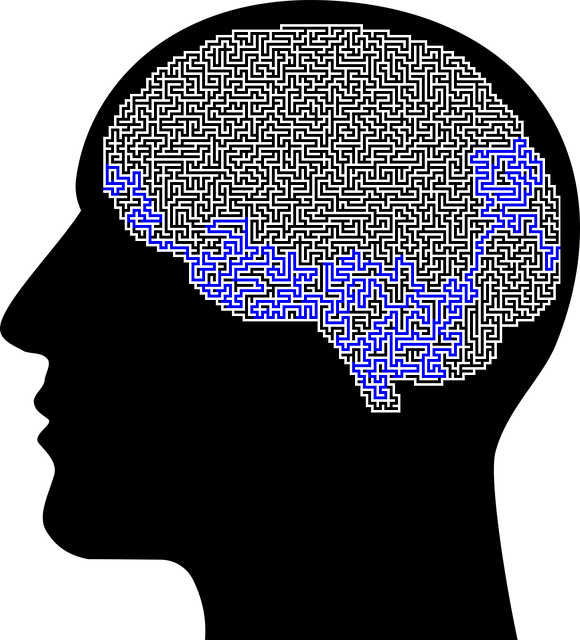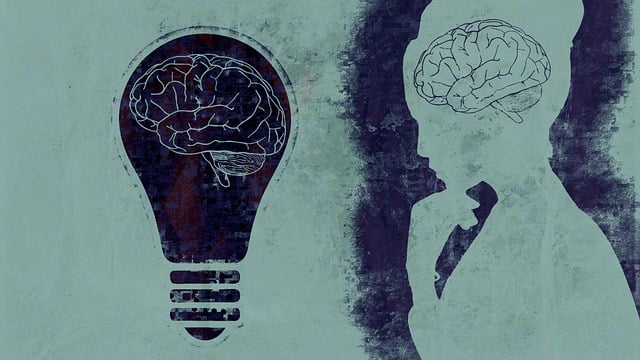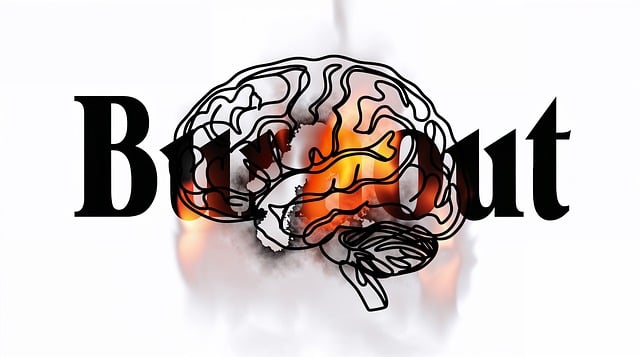Mood regulation strategies, including Cognitive Behavioral Therapy (CBT), mindfulness practices, emotional awareness training, and lifestyle adjustments like diet, exercise, and sleep, are vital components of therapy for adults with depression. These approaches empower individuals to recognize and modify negative thought patterns and emotional responses, foster inner strength, and manage complex emotional histories. Trauma support services play a crucial role in processing past tensions, while mindfulness-based practices promote self-awareness and reduce stress. Effective therapy incorporates risk management planning and leverages public awareness campaigns to enhance mental well-being, offering comprehensive strategies for lasting positive changes in mental health.
Mood regulation is a cornerstone of therapy for adults dealing with depression. This article delves into various effective strategies to help manage this condition, offering a holistic approach to well-being. We explore Cognitive Behavioral Therapy (CBT) as a powerful tool, mindfulness techniques for cultivating present-moment awareness, lifestyle adjustments like diet, exercise, and sleep, and the vital role of support systems and social connections in enhancing mood. By understanding these strategies, individuals can navigate their path to recovery with resilience.
- Understanding Mood Regulation and Its Significance in Adult Depression Therapy
- Cognitive Behavioral Therapy (CBT): A Powerful Tool for Managing Depression
- Mindfulness-Based Approaches: Cultivating Present-Moment Awareness
- Lifestyle Adjustments: The Role of Diet, Exercise, and Sleep in Mood Enhancement
- Support Systems and Social Connections: Building a Network of Help
Understanding Mood Regulation and Its Significance in Adult Depression Therapy

Mood regulation strategies are a cornerstone of therapy for adults with depression. Understanding how to manage and stabilize moods is crucial in addressing this common mental health challenge. Depression often stems from dysregulated emotional responses, where individuals struggle to cope with negative emotions effectively. Therefore, mood regulation therapy focuses on empowering people to recognize and modify these patterns, fostering inner strength development.
Through various techniques, such as cognitive-behavioral therapy (CBT), mindfulness practices, and emotional awareness training, adults with depression can learn to navigate their emotional landscapes. These strategies help in identifying triggers, building coping mechanisms, and enhancing overall well-being. Moreover, trauma support services play a significant role, offering specialized care for individuals with complex emotional histories, as past traumas can significantly impact mood regulation abilities. Effective therapy also involves risk management planning, ensuring mental health professionals are equipped to handle potential challenges and provide the best possible care.
Cognitive Behavioral Therapy (CBT): A Powerful Tool for Managing Depression

Cognitive Behavioral Therapy (CBT) is a highly effective and evidence-based treatment for adults experiencing depression. This therapy focuses on identifying and changing negative thought patterns that contribute to low mood and emotional distress. By challenging unhelpful thoughts, CBT helps individuals develop healthier coping strategies and improve their overall emotional well-being. The approach is structured and goal-oriented, empowering patients to actively participate in their healing process.
One of the key strengths of CBT lies in its ability to combine various techniques, such as mindfulness meditation and compassion cultivation practices, to promote emotional balance. Through these practices, individuals learn to stay present, observe their thoughts without judgment, and cultivate self-compassion—all essential components for managing depression effectively. By integrating cognitive restructuring with mindfulness and compassion, CBT offers a comprehensive strategy to combat depressive symptoms and foster lasting positive changes in mental health.
Mindfulness-Based Approaches: Cultivating Present-Moment Awareness

Mindfulness-based approaches have gained significant attention as effective therapy for adults dealing with depression and other mental health challenges. Cultivating present-moment awareness is a core aspect of these practices, encouraging individuals to focus on the here and now rather than dwelling on past regrets or worrying about the future. Through self-awareness exercises, one learns to observe their thoughts and emotions without judgment, fostering a deeper understanding of their internal experiences.
This mindful engagement can be particularly beneficial for trauma support services, as it helps individuals process and release held tensions from distressing events. Public awareness campaigns development around mindfulness practices also plays a crucial role in promoting mental well-being on a broader scale, equipping folks with tools to navigate life’s challenges more effectively.
Lifestyle Adjustments: The Role of Diet, Exercise, and Sleep in Mood Enhancement

Lifestyle adjustments play a significant role in enhancing one’s mood and overall mental well-being. Diet, exercise, and sleep are essential pillars that support this process. A balanced diet, rich in nutrients, can positively impact brain chemistry, with certain foods boosting serotonin and dopamine levels known to regulate mood. Regular physical activity not only releases endorphins but also promotes better sleep quality, reducing stress hormones. Adequate rest is crucial for emotional resilience, allowing individuals to manage their feelings more effectively.
Integrating these lifestyle changes into daily routines can be a powerful therapy for adults dealing with depression. The mind-over-matter principles emphasize self-care as a proactive approach to mental health management. Moreover, considering the risk assessment for mental health professionals and fostering emotional intelligence can enhance these practices’ effectiveness, enabling individuals to navigate their moods with greater proficiency.
Support Systems and Social Connections: Building a Network of Help

Having a strong support system is vital for anyone dealing with mood disorders like depression. Building a network of help can significantly impact one’s journey to emotional healing. Friends, family, and peers who understand what you’re going through can offer comfort, encouragement, and practical assistance during difficult times. These social connections act as a buffer against feelings of isolation and loneliness, which are common in depressive episodes.
Consider joining support groups or participating in stress management workshops organized by mental health advocacy groups. Such platforms facilitate communication strategies that foster emotional healing processes. Interacting with others facing similar challenges can reduce the sense of stigma, create opportunities for sharing coping mechanisms, and provide valuable insights into navigating therapy for adults with depression.
In addressing therapy for adults with depression, a multifaceted approach combining various mood regulation strategies proves most effective. From cognitive behavioral therapy’s (CBT) targeted interventions to mindfulness-based practices fostering present-moment awareness, lifestyle adjustments promoting balanced living, and the nurturing of support systems, these integrated methods empower individuals to manage their mental health proactively. By leveraging these techniques, those suffering from depression can experience significant improvements in their quality of life.













